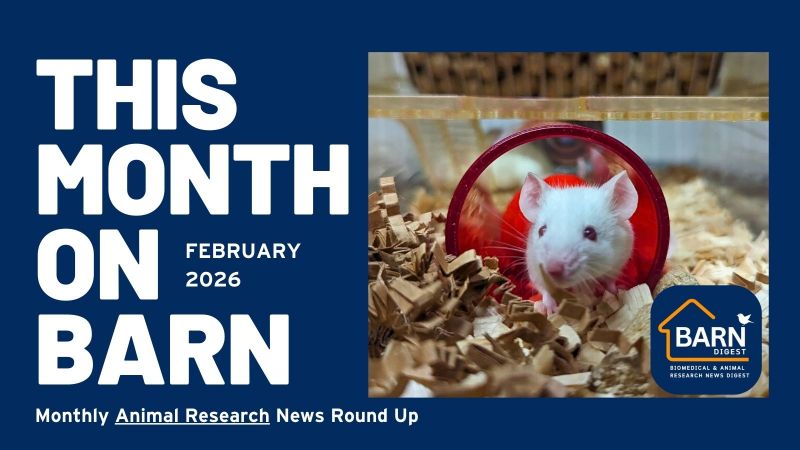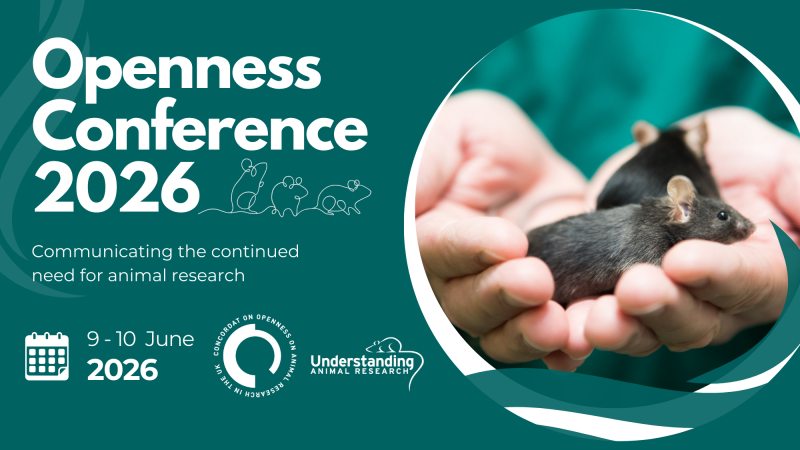14/09/15
A new HIV drug, Truvada, appears to prevent infection among high risk groups. Early trials in humans have been very promising. The drug is a combination of tenofovir and emtricitabne and has found to be 100% effective so far.
"Since the early days of the HIV pandemic, as soon as it was clear that an effective HIV vaccine would still be years away, there has been considerable interest in using anti-HIV drugs to reduce the risk of infection following exposure to HIV (so-called prophylaxis). Animal models of HIV infection, especially the rhesus macaque, have played a major role in developing and testing these treatments."
http://speakingofresearch.com/2015/09/11/truvada-prevents-hiv-infection-animal-research/
15/09/15
A pill has been developed that prevents type 1 diabetes developing in mice by inhibiting the production of hyaluronic acid, which prevents insulin producing beta cells in the pancreas being destroyed by the body's immune system. The pill contains hymecromone which is used to treat complications associated with gallstones, but shuts down hyaluronic acid production as a side effect. Clinical trials will commence soon as it is hoped a pill can be developed to stop at risk patients developing the disease and thus prevent them from daily injections of insulin for the rest of their lives.
Dr. Paul Bollyky, a professor of infectious disease at Stanford said,
"Instead of taking insulin for the rest of your life, it’d just be a pill, and you wouldn’t get diabetes,"
Original paper: http://www.jci.org/articles/view/79271
http://www.theverge.com/2015/9/14/9326233/this-pill-prevents-type-1-diabetes-from-developing-in-mice
17/09/15
Elephants born to stressed mothers age faster.
Asian elephants born to stressed mothers feel the impact for the rest of their lives. New research has shown how elephants born into stressful situations not only have fewer offspring over their lives, but they also age faster. They found that the female calves born during the high-stress period of the year had a lower chance of survival. But even those that did survive were then impacted for the rest of their lives. While these offspring were found to have higher rates of reproduction at an early age, overall they produced significantly fewer offspring over their entire lifetime. This is probably due to the fact that these elephants declined much more rapidly in older age.
http://www.iflscience.com/plants-and-animals/elephants-born-stressed-mothers-age-faster
Female mice sing for sex, just like males.
Scientists have known for a long time that male mice sing love songs to females when the time seems right to them – and now they know females do to. Female mice aren’t just listening to male voices, they sing back. These songs may be communicating important social information. According to the researchers, the work could lead to advances in understanding autism, for example, and deficits that may exist in the neural circuits of the brain that underlie social communication. Studying mouse communication and behaviour can produce great insight into brain mechanics and systems and possibly give researchers valuable insight into how human brains work.
http://www.alnmag.com/news/2015/09/female-mice-sing-sex-just-males
Sound waves used to activate brain cells in a worm.
For the first time, scientists have directly controlled brain cells using sound waves, in a laboratory worm. Ultrasounds triggered activity in specific neurons, causing the worm to change direction. However, the technique requires a particular gene to be expressed in the brain cells, and the animals to be bathed in bubbles to amplify the sound waves – unlikely to be developed in a non-invasive form. The researchers argue that their new method for controlling brain cells could improve on "optogenetics", a technique that uses light rather than sound. Light cannot penetrate through tissues - it is scattered very quickly. Consequently, using optogenetics to control brain circuits in a mammal currently requires a fibre-optic implant. By contrast, ultrasound travels relatively unimpeded through the body; this is the property that makes it useful for medical sonograms. The researchers Hope to capitalise on this advantage, and their next aim is experiments in mice.
http://www.bbc.co.uk/news/science-environment-34256955
18/09/15
Birds in love produce more babies
A new study shows that birds who freely choose their own mates have 37% more offspring than those which were paired up by researcher in an “arranged marriage”. Additionally, cross-fostering experiments revealed that embryo mortality depended upon the compatibility of the genetic parents, whereas chick mortality depended upon the behavioural compatibility of the foster parents. Birds may be choosing mates based on behavioural compatibility -- a finding that has important implications for conservation of animals that form pair-bonds - This has implications for conservation and captive breeding practices.
Last edited: 5 April 2022 08:30



